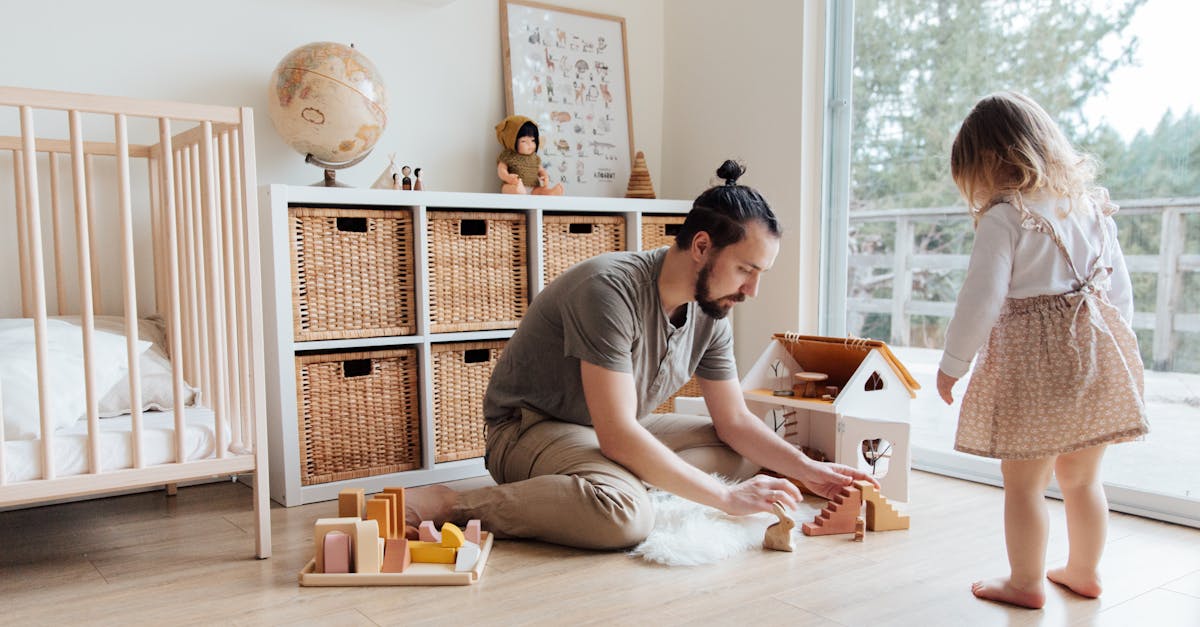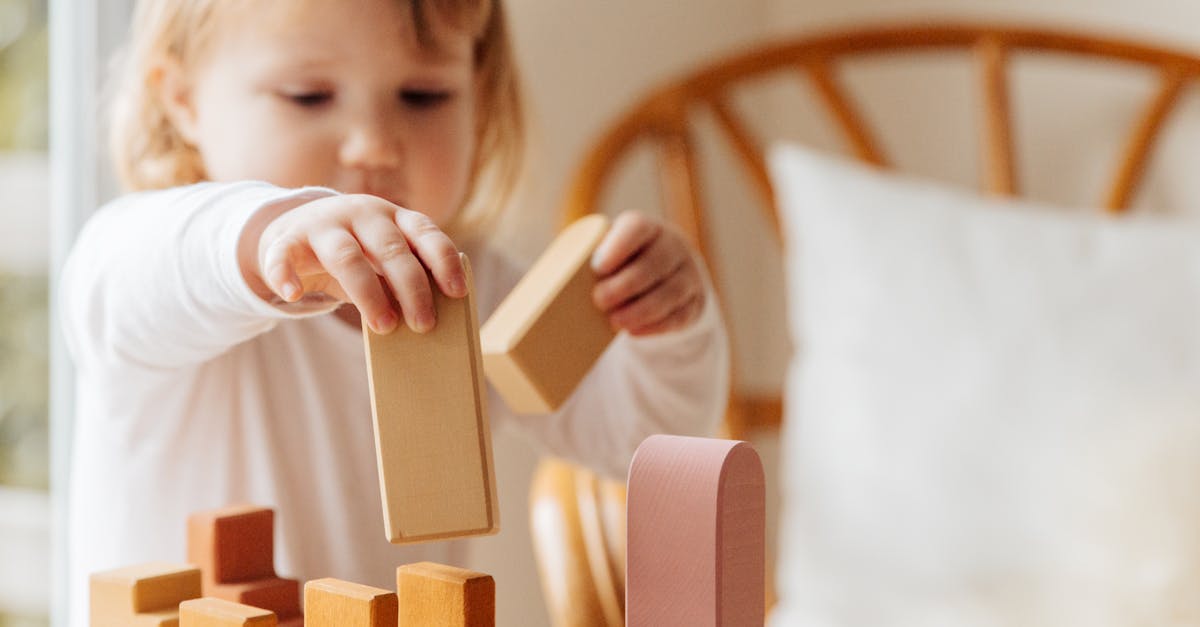Why Sensory Play Matters
Why is sensory play so important for toddlers? It’s not just about fun; it’s about fundamental development. Sensory play helps toddlers explore and learn through their senses. From feeling the gritty texture of sand to hearing the crunch of leaves, these experiences build neural connections and aid cognitive growth. Plus, everyday activities become learning opportunities. Imagine their little faces discovering the squishy nature of playdough or the coolness of water. For toddlers, it’s not about creating masterpieces. It’s about the process of creation and exploration, stimulating their brain and senses.

Simple Ideas for Sensory Play at Home
Don’t fret if you’re not a Pinterest parent! Sensory play can be simple. Start with a rice bin where toddlers can dig and discover hidden treasures. Or try water play – fill a tub and let them splash with cups and toys. Homemade playdough is another fantastic option; mix flour, water, and food coloring, and voila! Your toddler has hours of squishy fun. If you’d prefer something less messy, create a sensory bottle using water, glitter, and small objects. Watching the shiny pieces float around can be mesmerizing for little eyes and minds.

Using Everyday Items for Sensory Fun
No need to buy special toys. Everyday items can be great for sensory play. Kitchen utensils like spoons and spatulas provide different textures and sounds. Use beans or pasta for scooping and pouring activities. You can even use scented markers on paper for a multi-sensory experience. Baking is another excellent idea; involve your toddler in measuring and mixing. Not only do they learn about textures and scents, but it’s also a rewarding way to spend quality time together. Simple items around your home can turn into sensory havens.

Outdoor Sensory Play Adventures
Nature is the ultimate sensory playground. Take your toddler outside for a world of exploration. Let them play in the dirt, feel the grass, and splash in puddles. Collect leaves and pinecones, and examine different textures and shapes.
Sandboxes can provide hours of creative play; add toys or even kitchen utensils for digging and building. Gardening is another great option. Let them help with planting and watering – even pulling weeds can be fun and educational. Outdoor sensory play not only entertains but also fosters a love for nature.
Handling Emotional Challenges During Sensory Play
Every parent has faced the moment when their toddler suddenly melts down. Sensory play can sometimes lead to overstimulation. Stay calm and recognize their cues. If they’re overwhelmed, offer a break or switch activities. It’s crucial to validate their feelings and encourage them to express emotions. You might say, “I see you’re upset; let’s take a break.” This can teach them about self-regulation. Remember, it’s okay not to have perfect playtimes, and embracing the messy parts of parenting can create stronger bonds.
Engaging Your Toddler: Tips and Tricks
Engaging your toddler can be challenging but also rewarding. Make sensory play a part of their routine. Rotate different activities to keep their interest alive. Encourage them to lead the play, making choices about what to touch and explore. Use descriptive language to enrich their vocabulary. For instance, say, This sand is so gritty, isn’t it? Engaging with your child during play can stimulate their brain and create lasting memories. Always be patient and present. Your enthusiasm and involvement are what make sensory play truly magical.

Remember, the most important aspect is to have fun and bond with your child. These moments of engagement are invaluable and contribute to their overall development and well-being.
Share Your Sensory Play Stories
We’d love to hear your sensory play stories! What works best for your toddler? Share your experience in the comments below. Your tips might inspire other parents looking for fresh ideas. Whether it’s a brilliant success or a hilarious fail, your stories add value to our parenting community. Upload photos if you have them – sometimes a picture is worth a thousand words. Let’s create a caring space where we all learn and grow together. After all, parenting is a journey best shared with others who understand the highs and lows.

